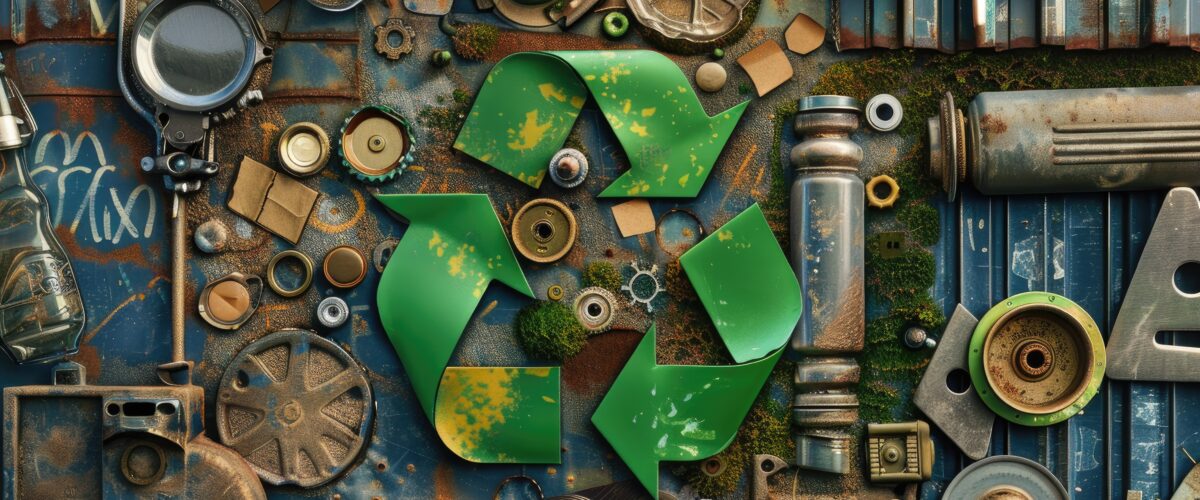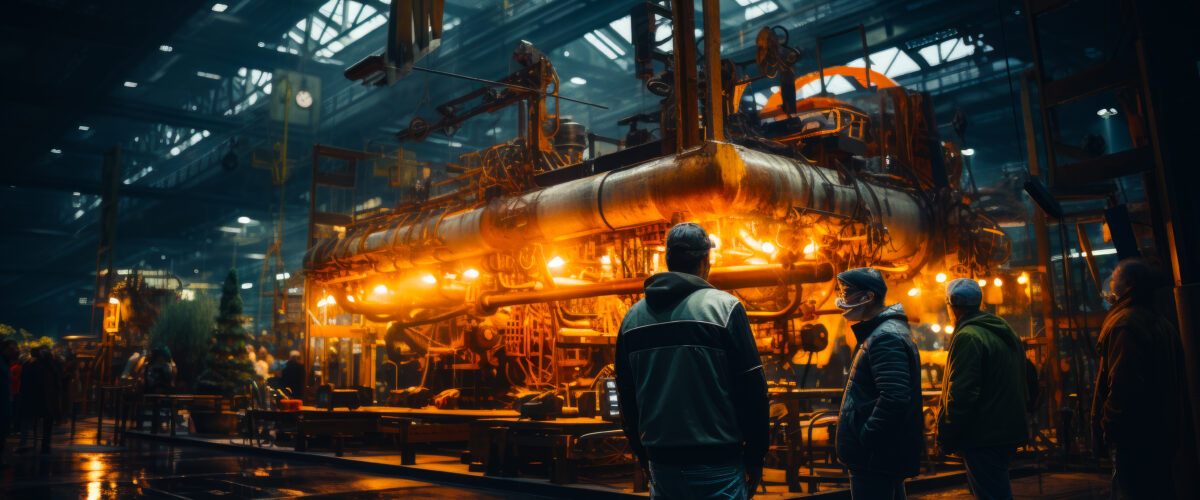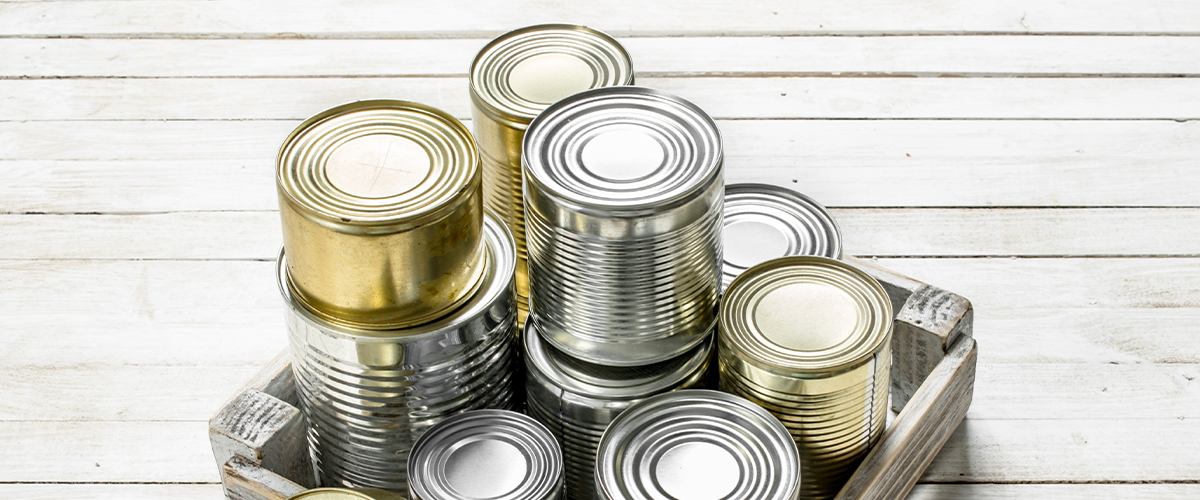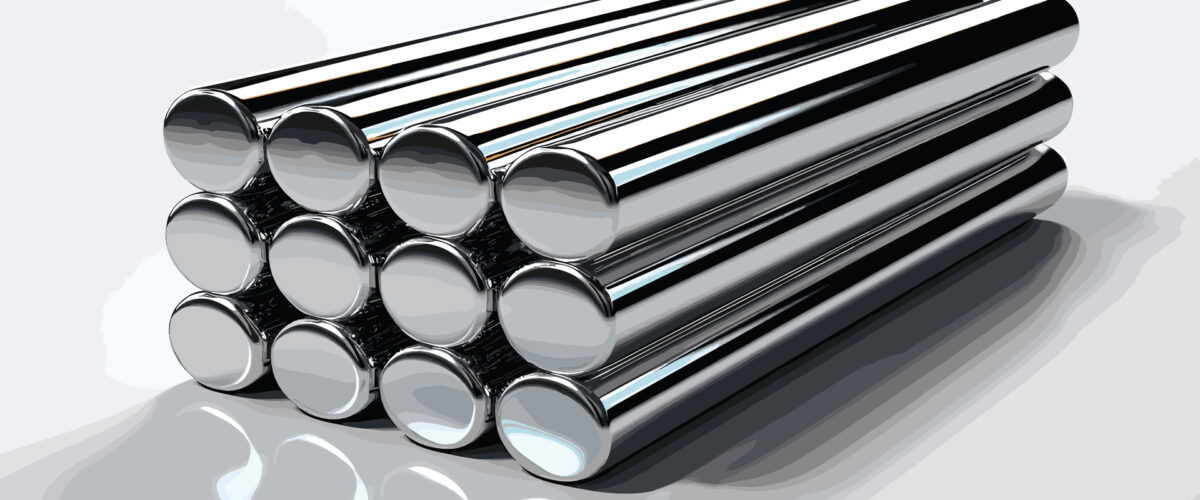In an era where environmental sustainability is more crucial than ever, metal recycling has emerged as a key player in conserving natural resources and reducing environmental impact. At Arizo Global, we are committed to advancing sustainable practices by promoting and implementing effective metal recycling strategies. This article delves into the importance of metal recycling and how Arizo Global is leading the charge towards a more sustainable future.
Why Metal Recycling Matters
- Conservation of Natural Resources: Metals are finite resources, and mining them depletes the earth’s natural reserves. By recycling metals, we can significantly reduce the need for raw material extraction, conserving natural resources for future generations. This is particularly important for metals like aluminum, copper, and steel, which are widely used in various industries.
- Energy Savings: Recycling metals requires far less energy compared to producing new metals from virgin ore. For example, recycling aluminum saves up to 95% of the energy needed to produce it from raw materials. This energy savings translates into reduced greenhouse gas emissions and a lower carbon footprint, making metal recycling a key component of sustainable industrial practices.
- Reduction of Landfill Waste: Metal products often end up in landfills, where they can take hundreds of years to decompose. Recycling metal prevents this waste from accumulating in landfills, reducing the strain on waste management systems and minimizing environmental pollution. Additionally, recycling helps recover valuable materials that can be reused in manufacturing, further reducing waste.
- Economic Benefits: Metal recycling is not only good for the environment—it also has significant economic benefits. The recycling industry creates jobs, supports local economies, and reduces the cost of raw materials for manufacturers. By fostering a circular economy, metal recycling contributes to economic stability and growth.
- Support for Industrial Innovation: Recycled metals can be used in a variety of innovative applications, from building materials to advanced electronics. By providing a steady supply of recycled metals, Arizo Global supports industrial innovation and the development of new, sustainable technologies.
Arizo Global’s Role in Metal Recycling
At Arizo Global, we recognize the critical role that metal recycling plays in building a sustainable future. Our approach to metal recycling is guided by our commitment to environmental stewardship and resource conservation.
- State-of-the-Art Recycling Facilities: Arizo Global operates advanced recycling facilities equipped with the latest technology to efficiently process and recycle a wide range of metals. Our facilities are designed to maximize recovery rates and minimize environmental impact.
- Sustainable Sourcing: We source scrap metals from various industries, ensuring that these materials are reintroduced into the production cycle rather than ending up in landfills. Our sourcing practices are aligned with our commitment to sustainability and responsible resource management.
- Collaboration and Partnerships: Arizo Global collaborates with businesses, governments, and communities to promote metal recycling initiatives. By working together, we can expand the reach and impact of our recycling efforts, creating a more sustainable global economy.
- Education and Advocacy: We believe that education is key to driving change. Arizo Global actively engages in educational campaigns to raise awareness about the importance of metal recycling and how individuals and businesses can contribute to a more sustainable future.
Conclusion
Metal recycling is essential to creating a sustainable, resource-efficient world. At Arizo Global, we are proud to be at the forefront of this effort, leveraging our expertise and resources to promote responsible metal recycling practices. By choosing to recycle metals, we can conserve natural resources, save energy, reduce waste, and support economic growth. Together, we can build a sustainable future where resources are used wisely, and the environment is protected for generations to come.












